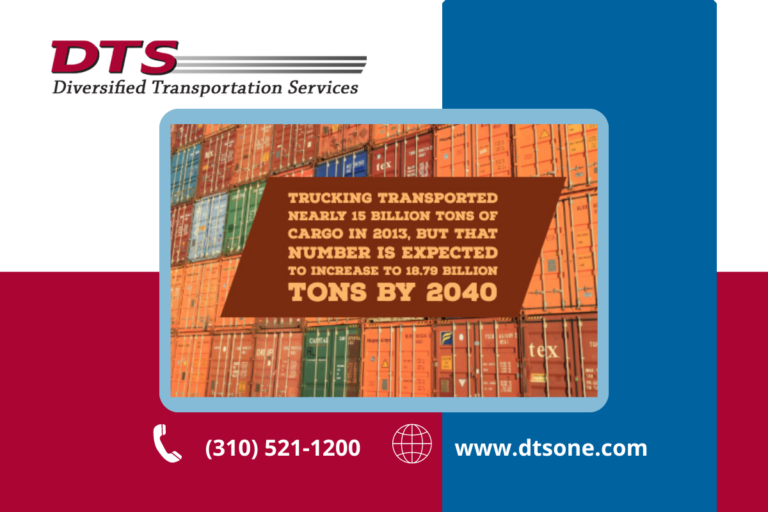
In 2013, truckload and LTL shipping services carried almost 15 billion tons of cargo. By 2040, that number is predicted to increase to 18.79 billion tons.
To learn about more changes and trends in the truckload shipping industry in 2019, keep reading.
It's difficult to tell exactly how much more capacity for truck fleets the market can handle, several reports support the idea that truck sales and trucking jobs have increased. This includes replacement positions and new positions from incremental growth. Truckload carriers with trailer pools are working to get more loads per tractor, which is increasing the available capacity. By pushing up the ratio of trailers to tractors, this goal is being reached. This kind of initiative requires shippers and consignees to keep trailers moving, an important aspect of the process.
The amount of orders for new truckload freight trailers is going strong. And these trailers aren't typically going to private or dedicated fleets. Instead, they're entering the general market.
To accurately predict whether demand for truckload capacity will rise or decrease, it's necessary to watch the economy. Slower growth has been forecasted for 2019, but there may yet be a more historically normal level of market balance compared to the fluctuations seen last year.
As usual, it's difficult to predict how oil prices will change in the next several months. Leading up to 2019, the Energy Information Administration had projected a flat year: approximately $3.00 per gallon for diesel fuel. Transportation teams should have a freight rate-based budget, as well as a fuel budget. These combined budgets add up to a total budget that can be used to help mitigate risks, should there be a drastic fluctuation in fuel pricing.
Not too long ago, the FMCSA finished an initial investigation phase into the effectiveness of the currently used split sleeper berth provision. The provision states that drivers may only take their off-duty hours in consecutive 10-hour chunks. The results of the investigation demonstrated that there could be benefits in both the drivers' health and the business' efficiency by changing the current provision to a more flexible one. It isn't definite by any means, but it's an interesting discovery to look into.
Earnings releases from many public truckloads and less-than-truckload freight carriers demonstrate an increased yield over last year. While the market has softened since last year, carriers are strategically accepting the freight that lets them have more revenue-generating hours and miles, leading to more loads per truck. This essentially creates capacity, which leads to greater pay for drivers, who are paid per mile, as well as higher profits for the company.
According to the Bureau of Labor Statistics, there have been 38,500 more truck driving jobs created in the last three years alone. That figure doesn't even include owner-operators or smaller carriers, and according to FMCSA registration data, the smaller carriers have grown the most.
A primary contributor to this shift is thought to be increasing driver wages, which has reached the necessary level of compensation to entice those from other industries. However, there are still long-term labor challenges in the trucking industry, such as the lack of female drivers and the baby boomer retirement bubble.
Research shows that the average length of haul for truckload freight is steadily declining. This is largely attributed to the rise of e-commerce and the omnichannel model which occurs now that many companies trying to move closer to their target customers. This has put pressure on efficiency and revenue, which carriers are in turn working to manage.
These are just a few of the recent changes and current trends in trucking. Hopefully, you have found this information interesting and helpful.
Whether you're a company looking to improve one facet of your supply chain, your entire supply chain, or simply looking for a transportation and logistics consultation, we can help.